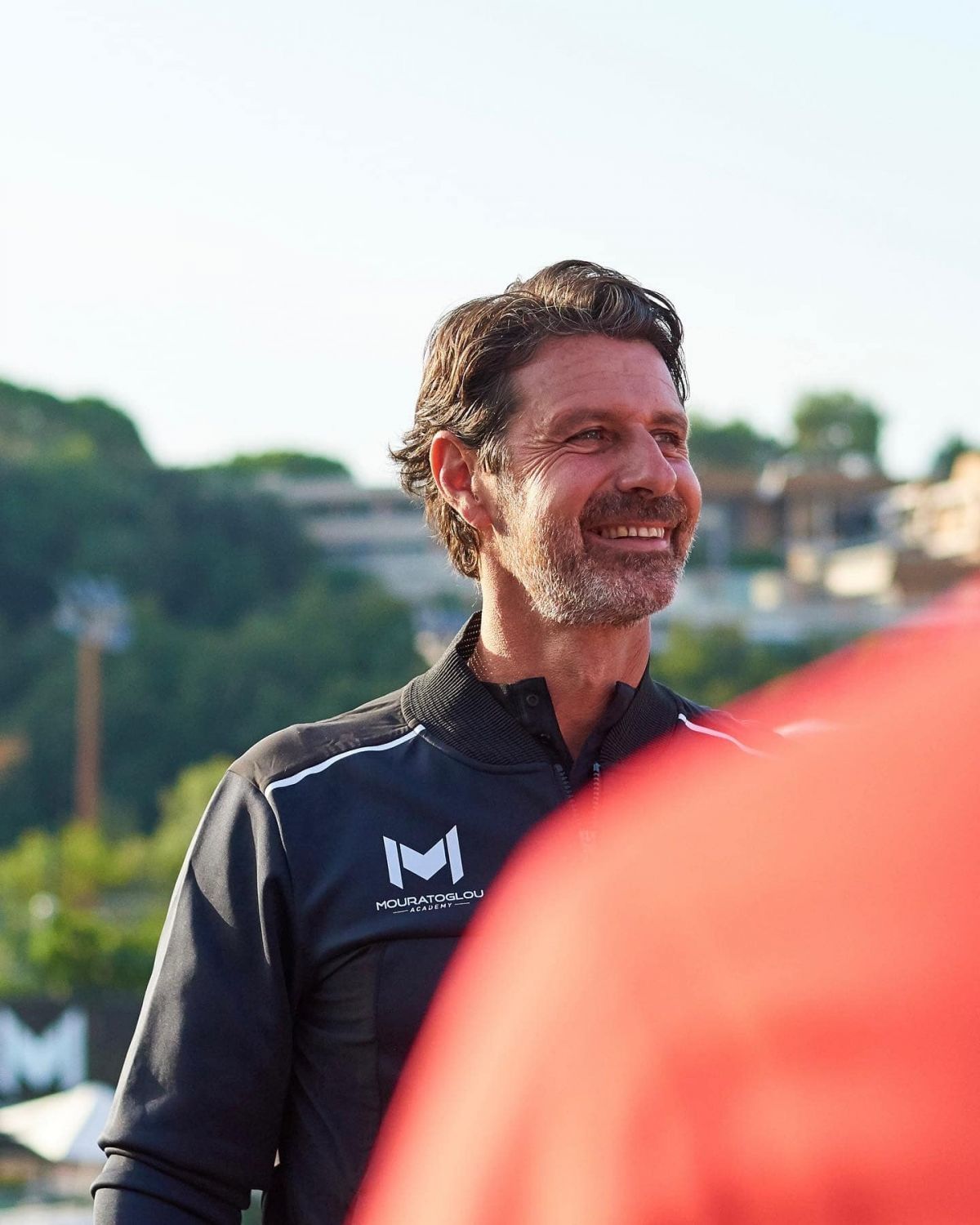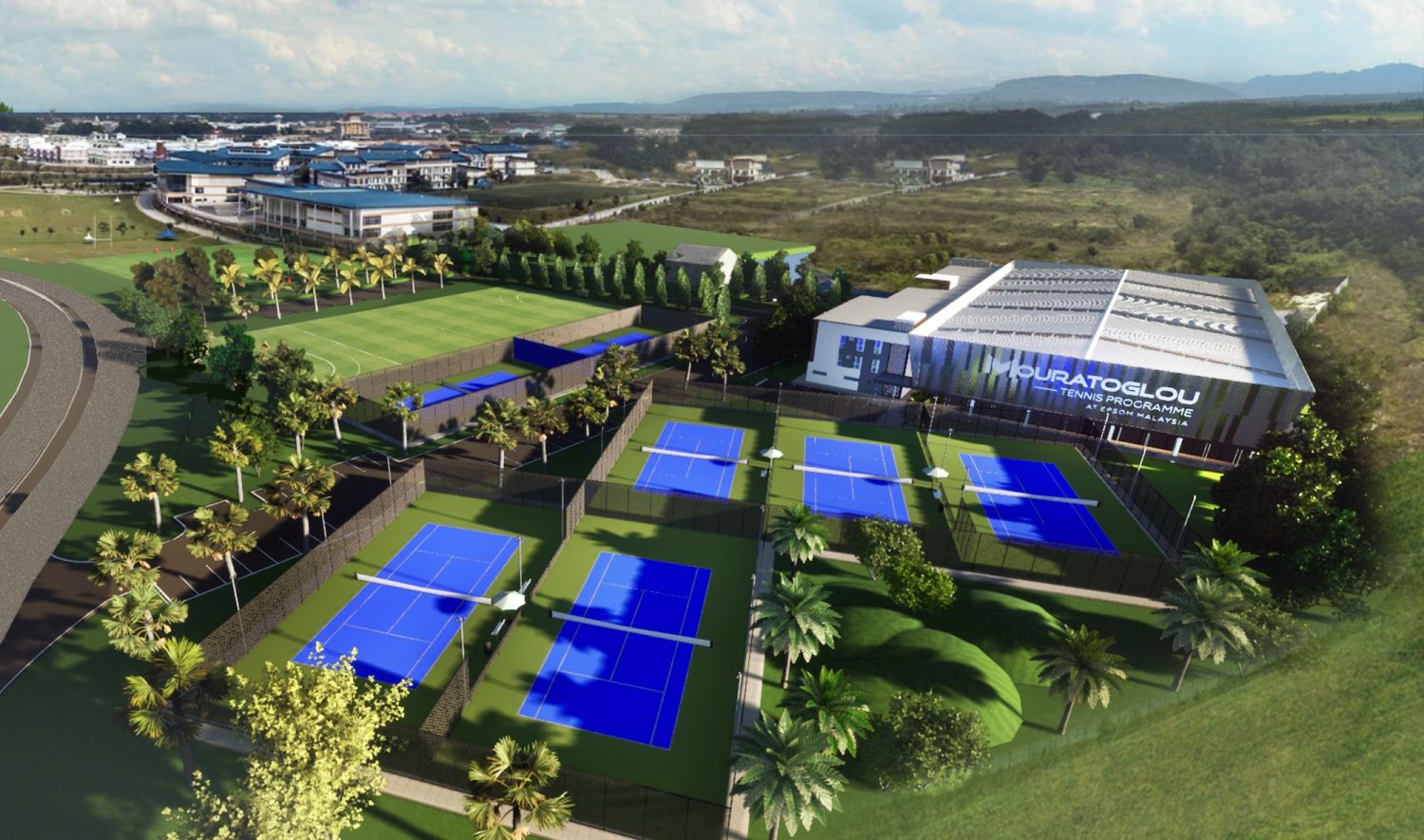Serena Williams' former tennis coach and founder of Mouratoglou Tennis Academy on partnering with Epsom International School Malaysia, fostering Asian talents, and emerging strong from the pressures of the sport
Patrick Mouratoglou was just four years old when his parents took him to a local country club on weekends to play tennis. After that, he seized every opportunity he could to play, practising on the walls of buildings and working hard to become one of the best tennis players in France for his age. However, the young tennis hopeful encountered a major setback when his parents told him to give up on the sport to focus on his studies.
“I was devastated. I felt like it was the end of my life,” Mouratoglou says. “It took me 10 years to recover. Then I decided to spend the rest of my life helping young athletes achieve their goals in tennis.”
More: Tennis Great Roger Federer Is Retiring: 7 of His Greatest Sporting Achievements
Renting two courts in a tennis club in February 1996, he started what would eventually become the Mouratoglou Tennis Academy in the South of France, an institution training tennis athletes through a personalised approach. One of the most influential coaches in tennis today, Mouratoglou has trained the world’s top tennis stars, including Stefanos Tsitsipas, Coco Gauff, Holger Rune, Alexei Popyrin, and 23-time Grand Slam winner Serena Williams, who won 10 of her 23 Grand Slam titles with Mouratoglou as her coach.

Tennis is a wonderful tool that allows people to exceed their limits, embrace their potential and express their personalities.


